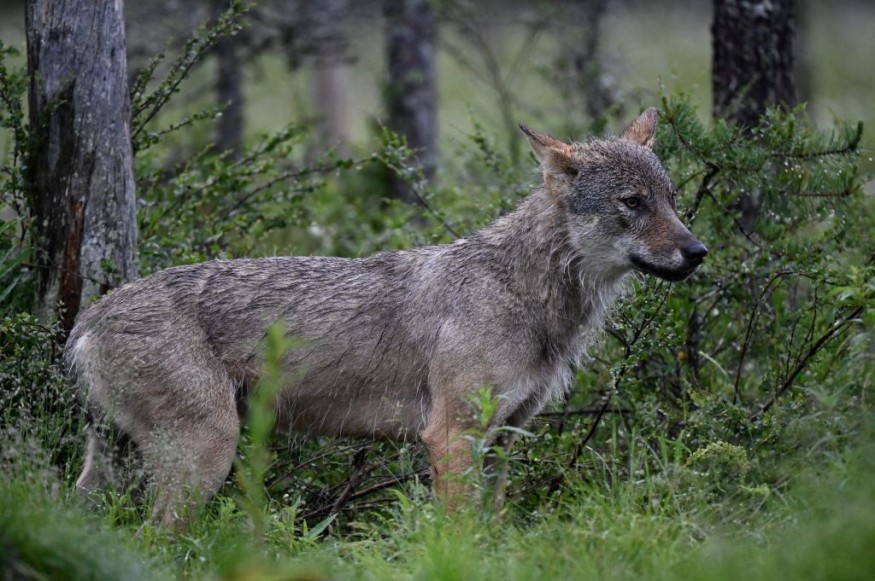
The European Union warned that the return of wolves in Europe poses a "real danger" to livestock and human life as they announced plans to review the animals' protective status.
Following rising appeals from European farmers, the executive will now start a "new phase" in its process of evaluating whether to reduce wolves' protection status by gathering relevant evidence from local communities and scientists.
A consultation procedure is being developed to balance rewilding interests with commercial agriculture and public health concerns.
The commission is requesting all interested parties to submit data on member-state experiences in order to update data on the wolf population and how the conservation status functions in practice.
Habitats Directive
Wolves are currently under tight protection under the 1992 Habitats Directive, which prohibits the purposeful capture or slaughter of wolves in the wild.
But the return of the wolves to the EU regions where they had been gone for decades, attacking livestock and fueling tensions in agricultural and hunting communities,
Ursula von der Leyen, President of the European Commission, was personally of their return. In September, her 30-year-old pony, Dolly, was killed by a male wolf in northern Germany.
"I urge local and national authorities to take action where necessary. Indeed, current EU legislation already enables them to do so," said von der Leyen.
Farmers appeal
Farming communities across Europe have campaigned for wolves' protection status to be lowered.
Derogations to the Habitats Directive allow farmers to adopt targeted steps to protect their crops and livelihoods, such as trapping wolves with "soft-catch" traps.
In November of last year, the European Parliament passed a resolution urging the Commission to help the agriculture industry by providing more flexibility in safeguarding livestock from attacks.
The European People's Party, the Parliament's largest faction, has led such appeals, portraying itself as a champion of farmers' rights in important EU environmental changes.
Austria, Belgium, Czechia, France, Germany, and Italy are among the EU member states where livestock slaughter has increased dramatically.
In Austria, where the number of livestock slaughtered by wolf packs is said to have climbed by 230% to 680 in 2021, various districts have controversially permitted wolf killing to offset the detrimental impact on farmers.
Earlier this year, 12 EU environment ministers wrote to Virginijus Sinkeviius, the European Commissioner for the Environment, urging him not to "weaken the legal protection of the wolf."
The letter, which was initiated by Slovakia, was signed by ministers from Bulgaria, Germany, Greece, Spain, Ireland, Cyprus, Luxembourg, Austria, Portugal, Romania, and Slovenia.
Several animal rights groups argued that the increasing population of wolves should be celebrated.
"This success remains fragile as the majority of transboundary wolf populations in the EU did not yet reach a favorable conservation status. After investing all these efforts and funds, downgrading the protection status of wolves would not only affect their welfare but also jeopardize their survival and condemn them before they could even be saved," said Reineke Hameleers, CEO at Eurogroup for Animals.
The wolf is a species of "least concern," according to the International Union for Conservation of Nature (IUCN), with its population in Europe "increasing in number and expanding its distribution range" since the 1970s.
Related Article : Wolves Officially Extinct in Andalucía, Spain Following Zero Sightings Reported Since 2020
Related Video:
© 2025 NatureWorldNews.com All rights reserved. Do not reproduce without permission.





